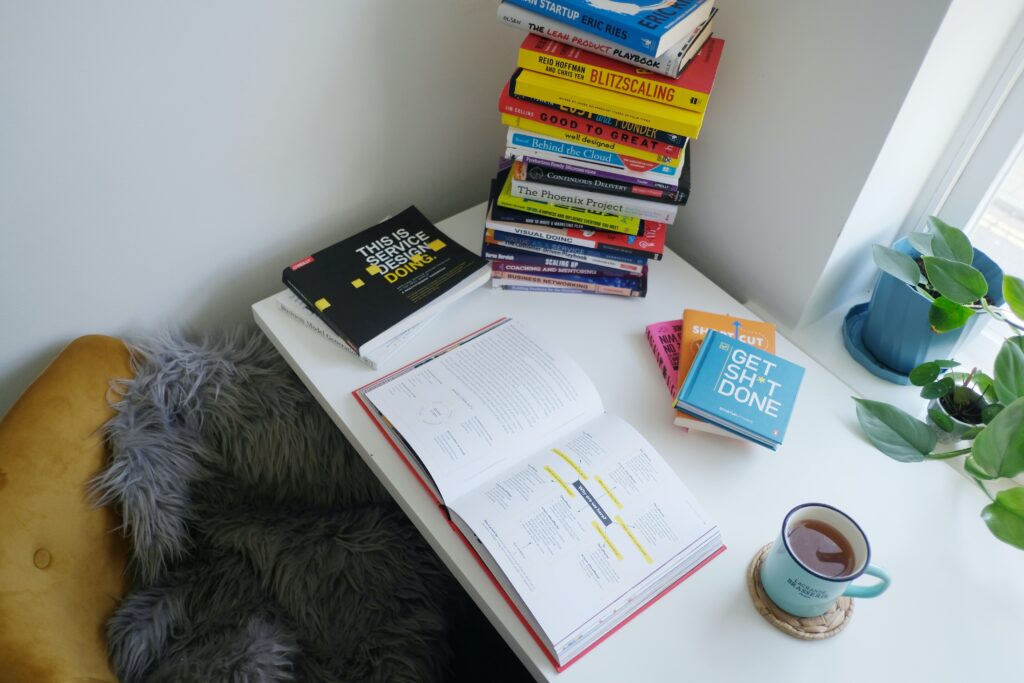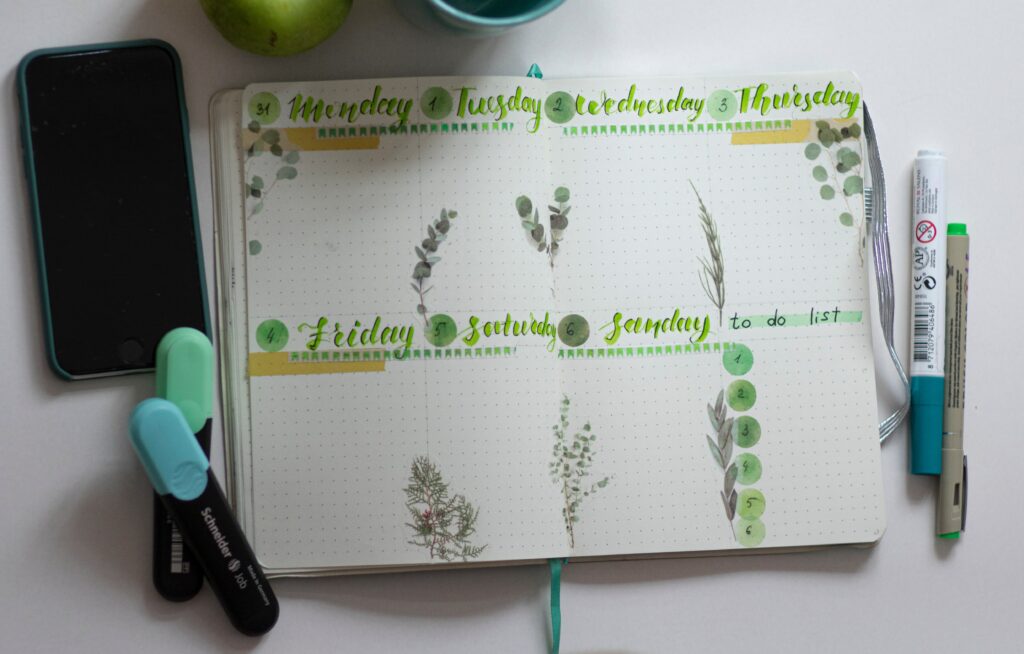Today is World Mental Health Day, which means that we all need to be reminded of how important our mental health is and what are some steps we can do to make sure that we are taking care of our mental state like how we would take care of our bodies by exercising.
1. Establish a Routine
Making sure that you are able to have a routine is very important as in university you have to use your time wisely by making sure you complete any assignments necessary. This will ensure you always leave time for yourself to rejuvenate as university can get very stressful. Being able to establish a routine will keep you organised as you can see exactly what needs to be done throughout the day. This will eventually lead to reduced stressed levels as anxiety.

2. Stay Active
Exercising is really important; however, it is very hard to stay motivated to go to the gym every day. So, instead of going to the gym a simple walk in the park can boost your mood, reduce stress and improve concertation. Having good concentration is very important as university student as some days can be very long will a lot of notetaking, so being able concentrate throughout the day is necessary. Being physically active also helps your overall body as a whole as it will strengthen your bones and muscles and help reduce the risk of disease.

Photo by mr lee on Unsplash
3. Healthy Eating
Ordering out and choosing to buy a takeaway for dinner is always the easier option than making a full nutritious meal at home but I guarantee your body will thank you after if you make a homecooked meal. An advantage to making meals at home is that it will most likely last a lot longer that buying a takeaway just for the night. As well as the price difference in making a home cooked meal and ordering out is a significant difference and as a university student you need all the money you can get.
TikTok is a great way to find new healthy meals if you are tired of eating the same meals every day. If you are able to eat healthy as a university student is will greatly impact your overall health as it can help reduce the risks of disease like cancer, stroke and diabetes.

Photo by Dan Gold on Unsplash
4. Adequate Sleep
When you are university student, trying to get an early night is so much harder than just getting ready for bed and sleeping. However, if you are able to get the recommended 7 hours of sleep a night it will help you stay focused in the morning for your lectures and improve your academic performance as you are not tired all the time. A well-rested mind is better equipped to handle stress, so ensuring you invest in good bedding is crucial to have a good night’s sleep.

Photo by Kinga Howard on Unsplash
5. Mindfulness and Meditation
Practicing meditation and mindful techniques such as Yoga or journaling can help reduce stress levels. Being able to gather your thoughts from the week and putting it into an activity will help you have a clear mind for the next upcoming week. You can do these activities with friends or by yourself whatever makes you feel most a peace.

Photo by Kaylee Garrett on Unsplash
6. Social Connections
Having a good circle of friends and a supportive family around you is very important. If you are every feeling low having supportive friends and family around you can brighten up your day immensely. Socialising can reduce feelings of being isolated and can they will be able to provide you emotional support. At ISH, we hold many events and trips where you will have the opportunity to make new friends and strong connections. Make sure to visit our website under Blogs and Events to find out what’s going on.

Photo by Omar Lopez on Unsplash
7. Seek Help
Asking for help when you’re feeling low is one of the hardest things to do but I assure you that is the hard step done. Adjusting to life in London can be exciting but stressful at times so, no one will blame you if you are having a hard time adjusting. There is no need to suffer in silence – you can talk to a good friend or your residential advisor. I can ensure you if you are feeling lonely or depressed you are not the only one who feels like this. Most universities have good counselling or wellbeing services so make sure to find the ones that are there for your university.

Photo by Danie Franco on Unsplash
Here are some links to where you can find advice and support on how to deal with your mental health.
https://www.studentminds.org.uk/resources.html
https://www.studentsagainstdepression.org/
https://www.nhs.uk/conditions/stress-anxiety-depression/
8. Time Management
Having effective time management is a very important skill to be able to have as the workload at university can be challenging but by implementing using tools such as calendars and to do lists you will be able to reduce procrastination and any last-minute stress that many occur.

Photo by Elena Mozhvilo on Unsplash
9. Set Realistic Goals
Being a student that goes to university five days in a week can become very overwhelming, therefore setting realistic manageable goals will make your workload a lot easier to manage. By breaking your academic and personal tasks you will be able to see exactly what needs to be done by which date and time. You could make a spreadsheet or buy an affordable planner to help you.

10. Self-Care
At university it’s very easy to get lost in all the studying and partying that goes on, however it is important to set aside a few days to dedicate to self-care. You can do activities such as listening to music, retail therapy or spending time in nature. Whatever it may be that you enjoy it is important to take breaks as university is stressful and you need to be able to recharge.
Remember that everyone’s mental health journey is unique, so it’s essential to find strategies that work best for you. Your mental health is a valuable asset and taking care of it should be a top priority during your student years.

Photo by Brandy Kennedy on Unsplash
Have you also read these articles?
The Power of Self-Care: 10 Practical Tips for Prioritizing Your Mental Health

